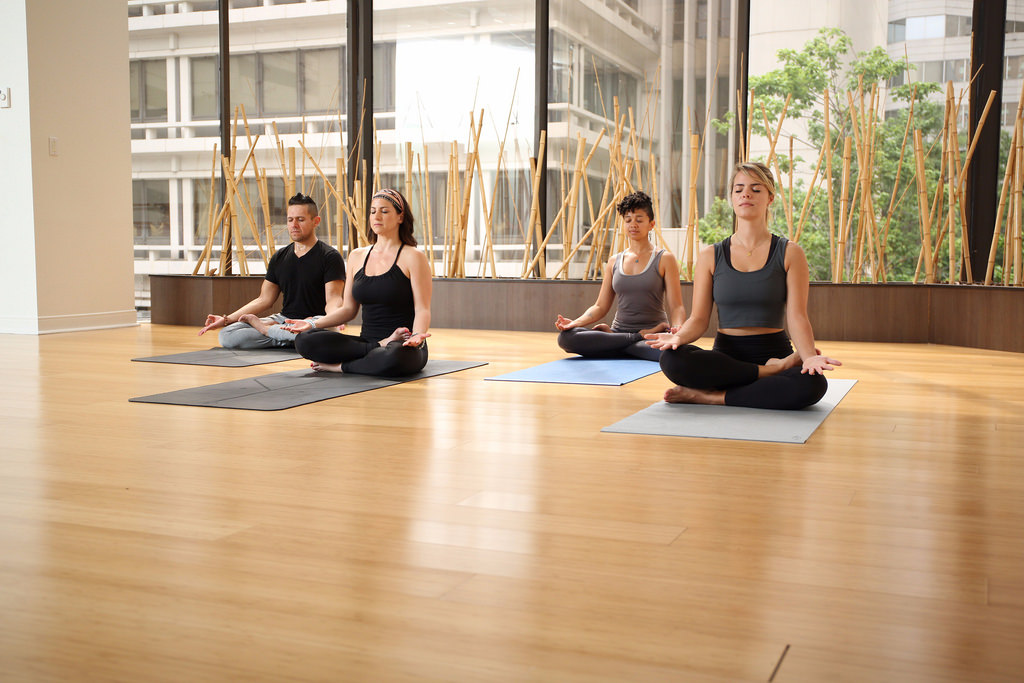It is no surprise that the new semester stresses us out.
But there are healthy and unhealthy ways of dealing with the stress associated with the transition to classes and other activities/obligations.
Over three million adults suffer from depression and/or anxiety.
A good chunk (not surprising) of this percentage affects students, more specifically, university and college students.
This is something that is unavoidable, but can be managed.
But if coped with properly you can easily get through the stress of finals and focus on the fun of the holidays.
As college students it is no mystery that alcohol is commonly used for stress relief, and for recreational fun.
Another common stress reliever is smoking, whether that is cigarettes, marijuana, or other drugs.
These are only a few of the many negative stress relief coping techniques.
Having and maintaining healthy stress relief habits will help you live longer and increase your quality of life.
So during this stressful time you should consider some of these other options that will not only help your mind but also your body.
Exercise: Aerobic exercise, such as jogging, fast walking, cycling, and swimming, has been shown to reduce symptoms of stress, anxiety and depression.
The list of health benefits from exercise seems to be endless, but some key points to know are that your sleep will improve, you’ll notice increased energy and stamina, and increased mental alertness.
When you are stressed you may feel tension in your muscles, especially in your face, neck, and shoulders, leaving you with back or neck pain, or headaches.
You may also feel tightness in your chest, or muscle cramps.
The worry and discomfort of all these physical symptoms can in turn lead to even more stress, creating tension in both your mind and body.
Exercise can help alleviate many of these problems and leave both your body and mind refreshed.
Meditation: Meditation is often associated with religious practice, but don’t let that deter you from trying it.
Meditation has many different varieties, including zen, vipassana, mindfulness, mantra, yoga, and guided meditations.
These are just a few examples but the possibilities and limits of meditation are endless.
It can be as simple as taking a few minutes to find a quiet place and sit in silence, focusing on nothing more than your breathing, or it can be as complex as taking hours out of your day, the beauty is you decide what works best for you.
Dr. Britta Holzel states “It is fascinating to see the brain’s plasticity and that, by practicing meditation, we can play an active role in changing the brain and can increase our well-being and quality of life,” Types of meditation are becoming more common, and with that I encourage you to try and find one that will help you become more relaxed.
On campus we have yoga classes that are a tuition “gift with purchase” to students.
So you can spend an hour focusing on breathing and your body.
Many of the techniques you learn you can also do on your own time, and take them with you wherever you go.
Therapy: Humans are social beings and therefore we’re not meant to be socially isolated, so going to therapy or confiding in someone you trust can be highly beneficial.
At Gustavus, you can get free counseling sessions.
When meeting with a counselor or therapist you will receive individual help that is focused on one thing: you.
Meeting with someone who is professionally trained to help you in these kinds of situations is very beneficial.
The therapists have specialty training so they can help you with all kinds of emotions, from stress to depression.
Therapists are not there to judge you.
You are free to express your emotions at any time.
The person you see may give you different coping techniques, and even if they seem odd it doesn’t hurt to try them out.
Many times the best things in life tend to be the odd things.
Deep breathing: Sometimes we all just need to take a deep breath.
Doing this while you’re anxious or stressed is an excellent way to reduce those negative feelings and to help calm yourself down.
Deep breathing, or belly breathing, is a great way to reduce stress, and because it can be done in less than ten minutes it is a great exercise to do while you find yourself in a stressful situation.
Abdominal breathing is probably one of the most common deep breathing techniques.
This involves your one hand on the chest and the other on the stomach, taking a deep breath in through the nose, making sure your diaphragm inflates with enough air to create a stretch in the lungs.
This is what is considered a beginner form of deep breathing, there are also advanced or complicated deep breathing exercises you can complete.
One of the more advanced exercises is called kapalabhati. This involves short, powerful exhales and passive inhales.
Further research will allow you look deeper into some of these stress-relieving techniques.
It may take a few tries to find one that works best for you, but once you find one you will feel much better.
During this busy time, take a few minutes and relax, take a deep breath, and know that everything will work out just fine.
Good luck with the new semester.
